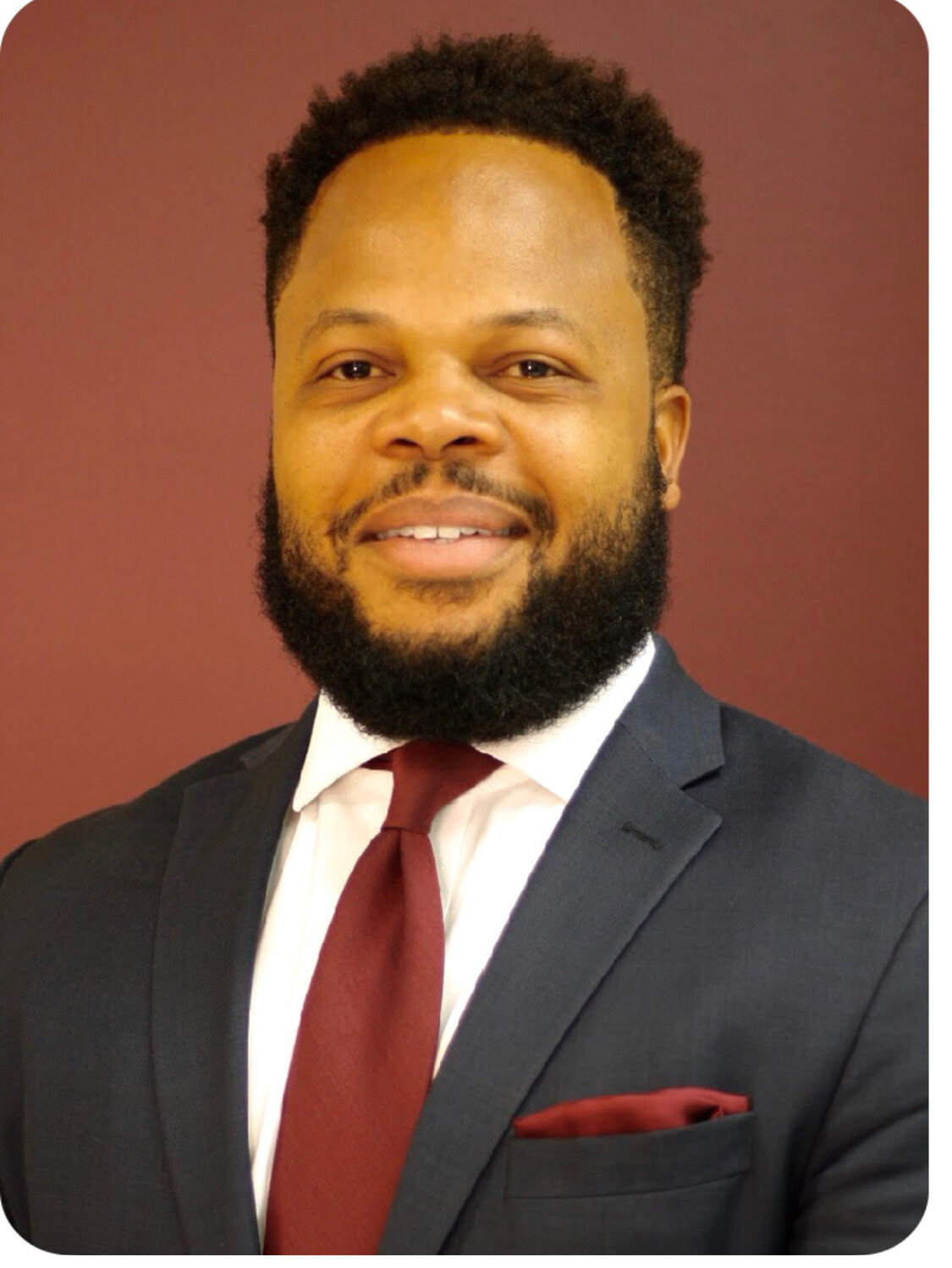Events DC, Washington DC's official convention and sports authority, finalized its programs for the $5M undocumented workers relief fund through the DC Cares Program.
The DC Cares Program will provide financial assistance to workers in the District of Columbia who have been excluded from federal stimulus efforts and are experiencing financial hardship due to the COVID-19 pandemic. This critical program is in partnership with the Executive Office of the Mayor and the Greater Washington Community Foundation. Both the DC Cares Program and the grant awardees were approved by Events DC's Board of Directors and represent an important component of the organization's commitment to building an ever-stronger city.
"While we are known for our work in conventions and meetings, sports and entertainment, Events DC is deeply committed to the community and its residents, many of whom form the backbone of our restaurant and hospitality industry. Supporting our undocumented community is personal —my grandfather came to this country when he was 13 with nothing. He was as an immigrant and couldn't get a job because of his last name and how he looked. He was hired in a hotel restaurant and began his journey in America. We owe it to our friends in the undocumented community to share in the success we have as a city. The success of our work and projects depend on the vibrancy of our city, thriving non-profits and cultural institutions. The undocumented workers relief fund and the Cultural Institutions Grant Program will help serve our neighbors and make our diverse city stronger and more resilient," stated Max Brown, Chairman, Board of Directors, Events DC. "The relief fund distribution is a critical step forward in helping our city get back on track following the devastation of the pandemic. We also extend our congratulations to the organizations that have been awarded cultural institution grants, each of them is eminently deserving and a terrific example of what we can achieve together to enhance our world-class city."
The DC Cares Program
The distribution for the $5 million undocumented workers relief funds will be managed through the Greater Washington Community Foundation with the purchase of pre-paid debit cards in the amount of $1,000 per card. The Community Foundation will then disseminate the pre-paid debit cards to designated community-based organizations in collaboration with the Executive Office of the Mayor. The identified community-based organizations will issue the pre-paid debit cards to eligible undocumented workers determined by criteria set forth by the Mayor's Office.
The Community Foundation is a tax-exempt public charity that manages hundreds of charitable giving funds on behalf of generous individuals, families, and businesses in the Washington, DC metro area. The community-based organization currently designated by the Mayor's Office to receive the pre-paid debit cards include the following:
Bread for the City
The Central American Resource Center (CARECEN)
CentroNía
Latin American Youth Center (LAYC)
Mary's Center
Events DC will continue to work with the Community Foundation to implement ongoing efforts surrounding the DC Cares program to provide future financial assistance to DC workers who by reason of their status do not have access to other COVID-19-related public relief programs. The DC CARES program will be administered by the Community Foundation through its Greater Washington Workforce Collaborative, an initiative with the mission of enabling people to increase their skills, credentials, employment and wages with an emphasis on systems change that eliminates income gaps based on race, ethnicity and gender.
"A core part of Events DC's mission is to serve and give back to our communities which will help to continue to propel our city forward. The critical cultural grants program will help strengthen these important cultural institutions and empower new programming for generations to come while the undocumented workers relief fund will provide a vital lifeline to our neighbors in need," said Gregory A. O'Dell, president and chief executive officer of Events DC. "Through the relief funds and the grant program, we are humbled by the opportunity to assist District residents and the extraordinary organizations performing vital work to educate and enhance the lives of Washingtonians and visitors. Together, we look forward to continuing to enrich our community."
“We are proud to partner with Events DC, the Executive Office of the Mayor, and our nonprofit partners to bring critical relief to workers who have been excluded from other forms of relief intended to help our most vulnerable neighbors during this difficult time. Immigrant communities are some of the hardest hit in this region by the COVID-19 health and economic crisis. Our goal is to support disproportionately impacted communities, especially low-income and black and brown communities, by providing emergency cash assistance to cover basic needs for food, housing/shelter, medical care, and other services.”













